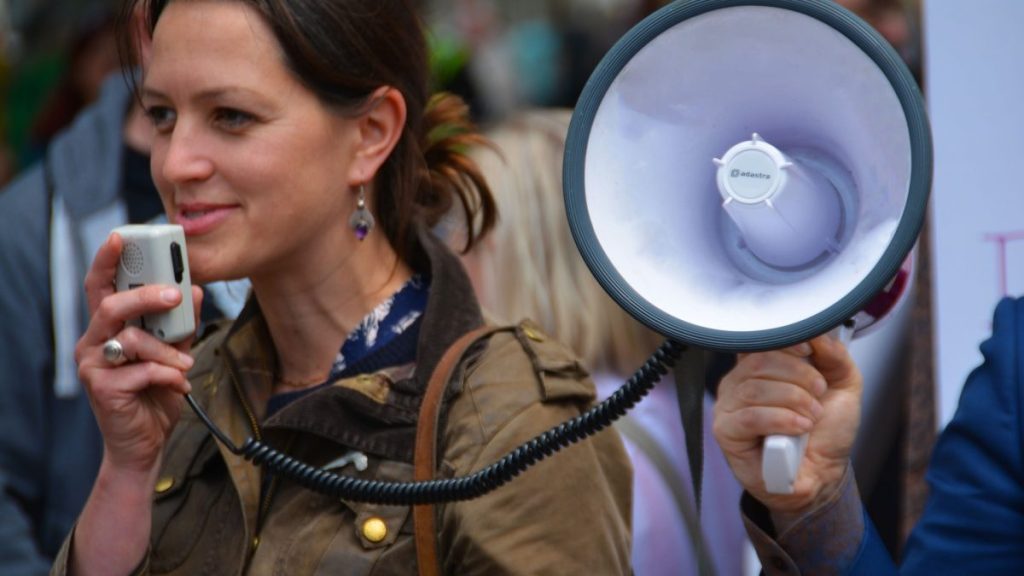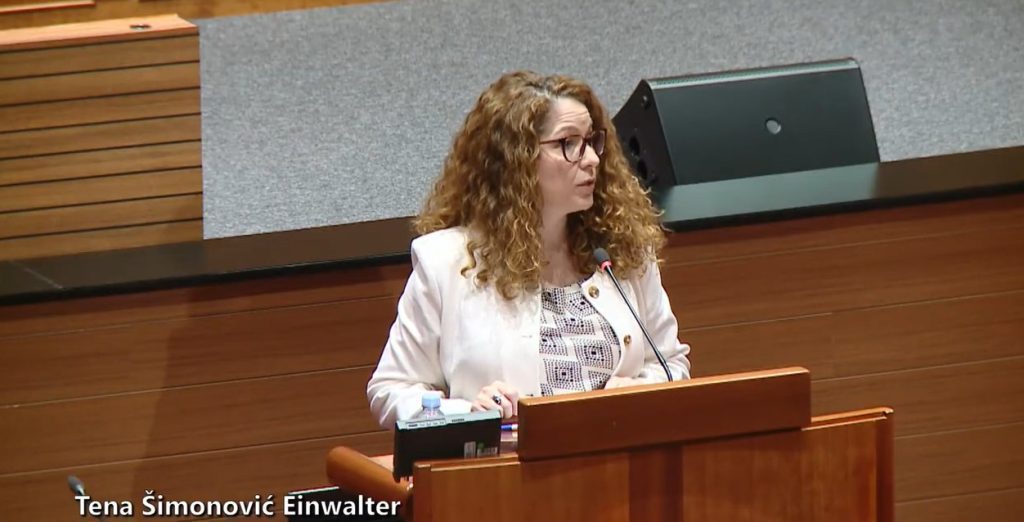They often live in isolated settlements, away from the majority population, marginalized and at risk for poverty. 50 percent of their households lack toilets and are not connected to the public water supply system. This is the everyday reality of many Croatian Roma – national minority whose members still suffer violations of their rights and are often subjected to discrimination. At the EU level, where they are the largest national minority group, approximately 6 million Roma people live in similarly unacceptable conditions, experiencing social exclusion.
Starting with the first World Roma Congress held in 1990 World Roma Day is marked annually with the aim of raising public awareness of the numerous issues affecting the Roma community and contributing to the elimination of prejudice and stereotypes its members are faced with.
With the same goals in mind, the Ombudswoman of the Republic of Croatia regularly suggests concrete measures, such as the legalization of the houses built without a permit as well as the regulation of the status of the so-called “legally invisible persons”, many of which are members of the Roma community.
In the course of the previous year the employees of the Office of the Ombudswoman visited more than 20 Roma communities, gaining insight into their problems as well as the changes necessary for improvements. Additionally, valuable information was collected via the complaints filed to the Ombudswoman by the citizens and the NGOs and from other sources. The disadvantaged socioeconomic position of the Roma stems from poverty, low educational attainment level, high rates of unemployment, poor living and housing conditions, poor health as well as discrimination. Many of the Roma children do not attend schools and many of those who do are early school leavers – for example, in the Republic of Croatia only one in ten of the Roma youth graduates from a four-year secondary school. According to the available data, the health of the members of this community is worse than that of the general population and many of them are not covered by health insurance.
The attitudes of the members of the general population about the Roma community can be gleaned from the research conducted by the Office of the Ombudswoman in 2012: a significant number of respondents (27%) said that employing a Roma person in their store or a coffee shop would lose them many of their clients; most of the respondents said they would not want to employ a Roma person if they were business-owners.
Systemic change is the only solution for the unacceptable living conditions and negative public attitude towards the Roma community. However, as the Ombudswoman has warned in her annual reports, the manner in which the implementation of the National Strategy for Roma Inclusion is currently being monitored in Croatia makes this increasingly difficult.




